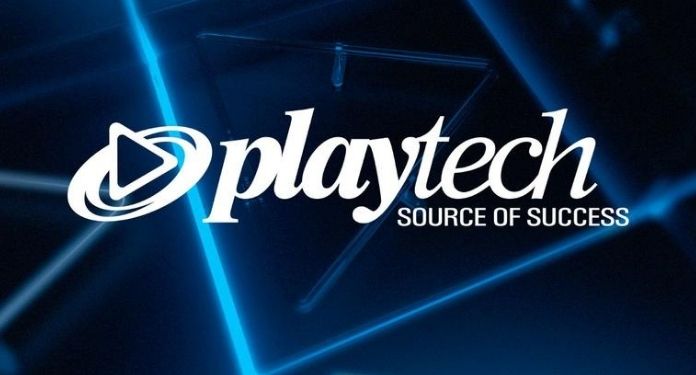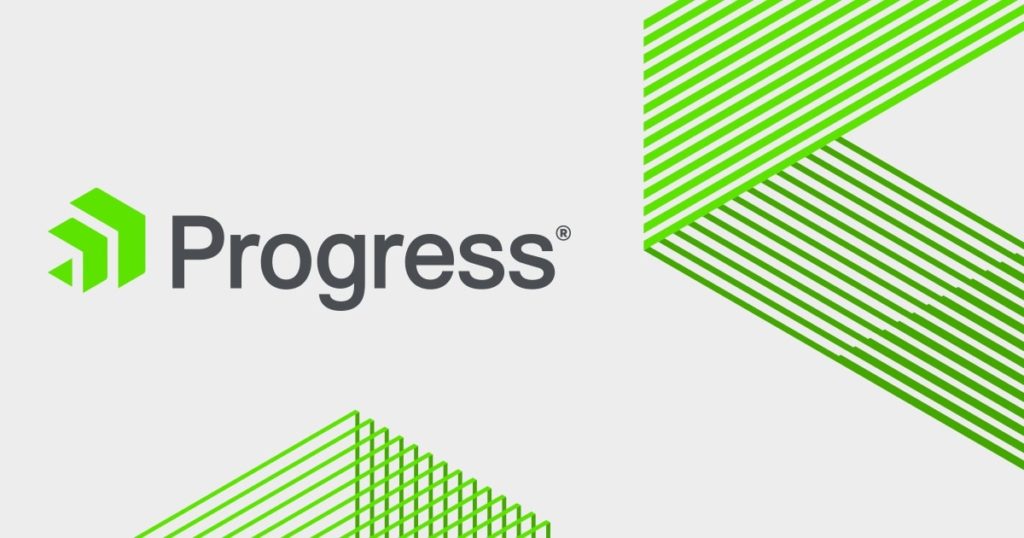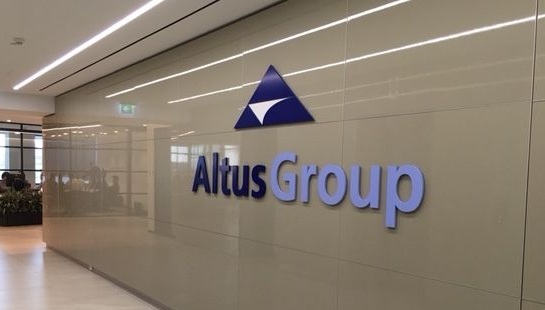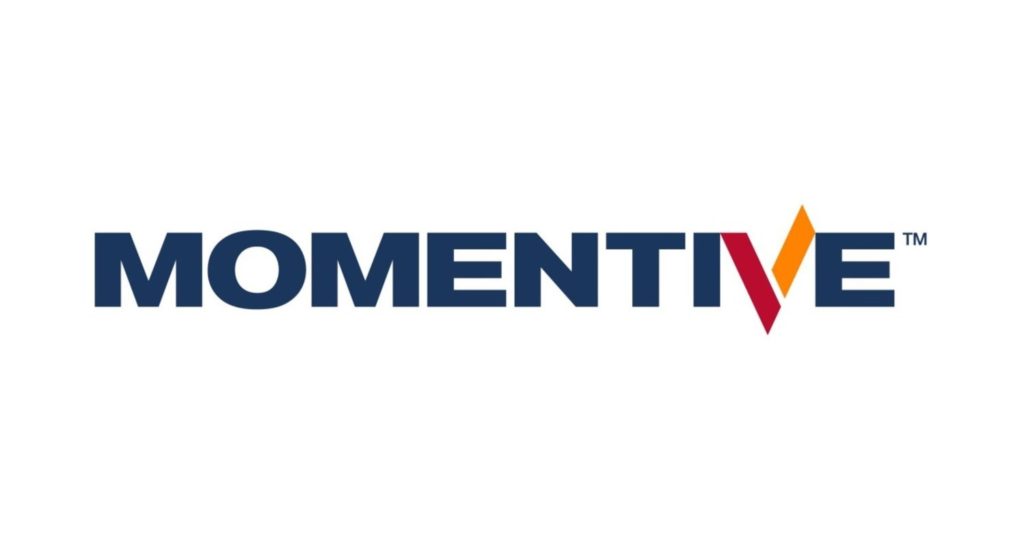Playtech, 22 years Old Online Casino Gaming Software Company.
The video game industry has been one of the largest industries out there. In the past few decades, the industry has seen steady but fast growth, and the craze for these games has only risen. One of the popular wings of video games is the casino games that now have become online too. Companies like Playtech are making innovative casino games and providing people with the ease of accessing them online. The company makes a variety of casino games that include online casino games, poker room games, online bingo games, and scratch games, etc. Playtech is a 22 years old company that is one of the leading groups of its industry.
About the Company
Teddy Sagi founded Playtech in 1999 in Tartu, Estonia. Today the company has its headquarters based in Douglas, Isle of Man, and it trades as a public company on London Stock Exchange with ticker PTEC. Playtech is known for making online casino and poker games. Apart from these, it has also developed online bingo games, sports betting games, mobile games, arcade games as well as software related to these games.
The steady growth of the company has given Playtech the name of one of the leading international designers and developers of the digital gaming industry. As of 2020 records, the company made revenues worth 1,078.5 million, with 297.4 million net income. Playtech is operational in over 24 countries, and over 6500 people are working for it. The company has got 170 global licenses for its work.

Founding Playtech
Teddy Sagi, an Israeli entrepreneur, founded Playtech in 1999 in Tartu, Estonia. People from three industries, i.e., Casino, Software, and Multimedia, came together to form the company, and in 2001, it launched its first product, a casino game. With the launch of its first product only, the company was able to attract customers like William Hill, Ladbrokes, Bet365, etc. In fact, some of the government agencies also gave Playtech some contracts. The company founded iPoker in 2004, which later became the largest poker network in the world.
With the successful beginning, only in six years, in 2006, Playtech valued at approximately US$950 million in the AIM market. The same year, the company acquired Video bet and launched Bingo Broadway. Playtech also established a development center in Bulgaria. By 2010, the company had reached the UK, Spain, and Italy. It also acquired Virtue Fusion, a bingo platform in 2010, and in 2013, the company acquired one of the largest poker communities, PokerStrategy.com. In the further years, the company made acquisitions like Aristocrat Lotteries (2014), YoYo Games (2015), Quickspin (2016), Best Gaming Technology (2016), BetBuddy (2017), etc. The acquisitions helped the company grow even faster and add more products for its customers.
Playtech went public on London Stock Exchange in 2012. In 2014, The company launched its first multi-channel product named Coral Connect, which gained around 160,000 players just in one year. Playtech also opened a new branch in Romania in 2017. The same year, it partnered with Warner Bros to develop slots based on the films like Batman vs Superman and Suicide Squad, etc. In 2018, the company integrated machine learning into its platform to prevent fraudulent attacks. Playtech debuted in the online gambling market through Bet365.
The CEO at Playtech
Mor Weizer is the current CEO of Playtech. He was appointed to the post of CEO in May 2007. Before that, he has worked at various prominent positions at many big names companies. Mor started his career at PricewaterhouseCoopers as an accountant and Financial Consultant. Later, he became a software specialist at Oracle. Mor has also worked as the CEO of Techplay Marketing Ltd, which is the subsidiary company of Playtech.

Yashica is a Software Engineer turned Content Writer, who loves to write on social causes and expertise in writing technical stuff. She loves to watch movies and explore new places. She believes that you need to live once before you die. So experimenting with her life and career choices, she is trying to live her life to the fullest.





